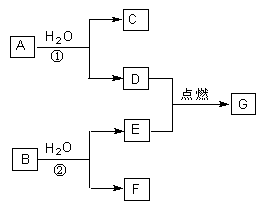问题
单项选择题
中 * * 党和各民主党派的关系是()。
①执政党和参政党间的关系
②监督与被监督的关系
③在法律地位上平等的关系
④亲密合作的友党关系
A.①②④
B.②③④
C.①③④
D.①②③
答案
参考答案:C
解析:
中 * * 党和各民主党派的关系是执政党和参政党间的关系。互相监督的关系。在法律地位上平等的关系。亲密合作的友党关系。故②项错误。本题选C项。
考点:中 * * 党和各民主党派的关系
点评:本题需引导学生注意中 * * 党和民主党派不是监督与被监督的关系,而是互相监督的关系。本题难度适中。


 。
。